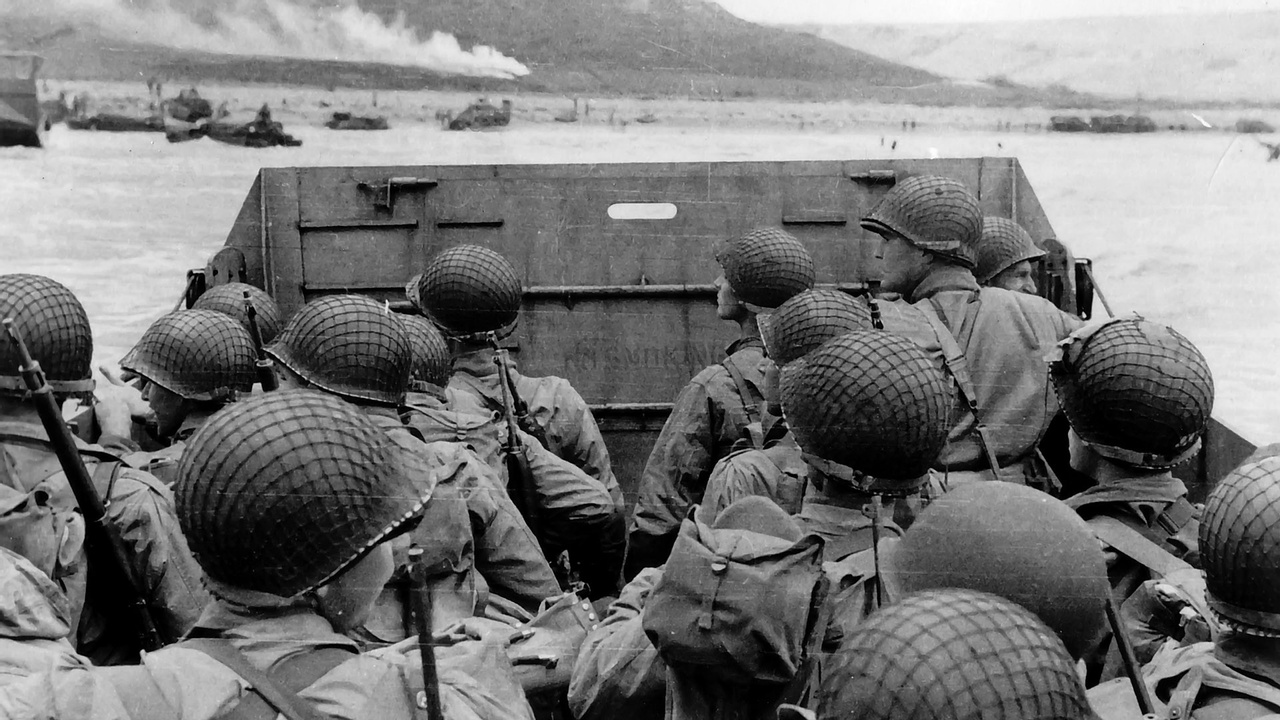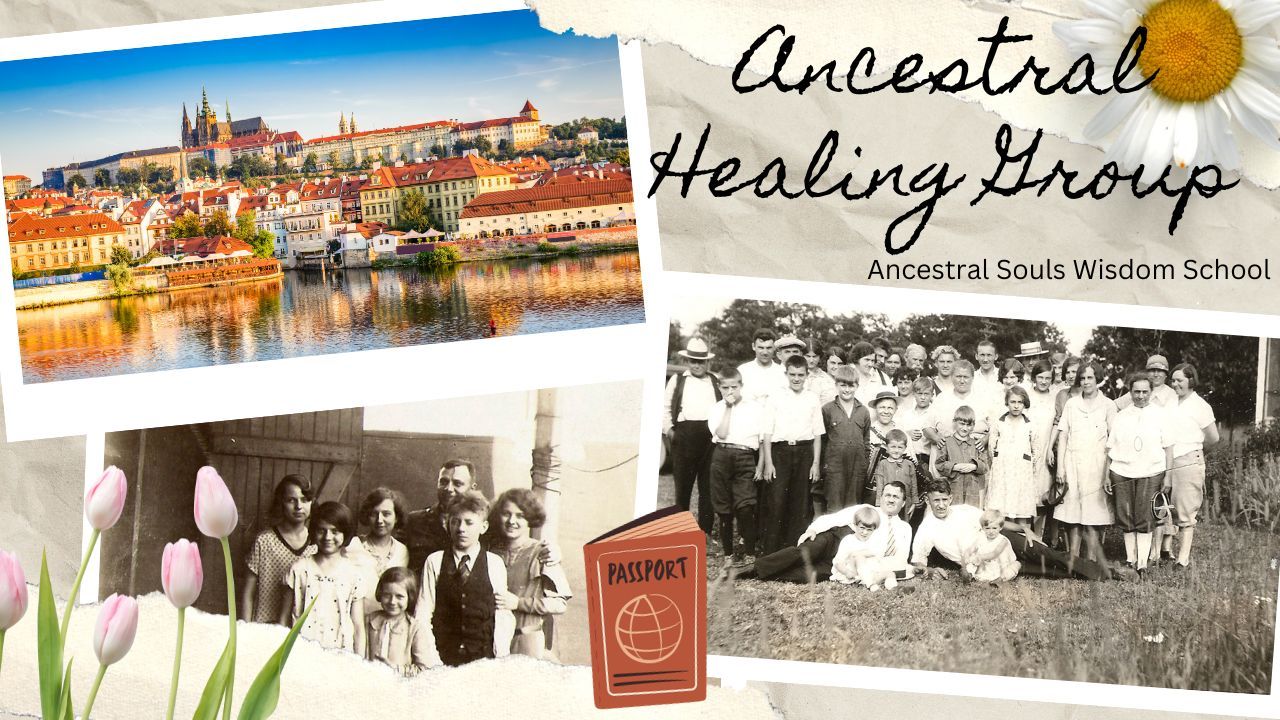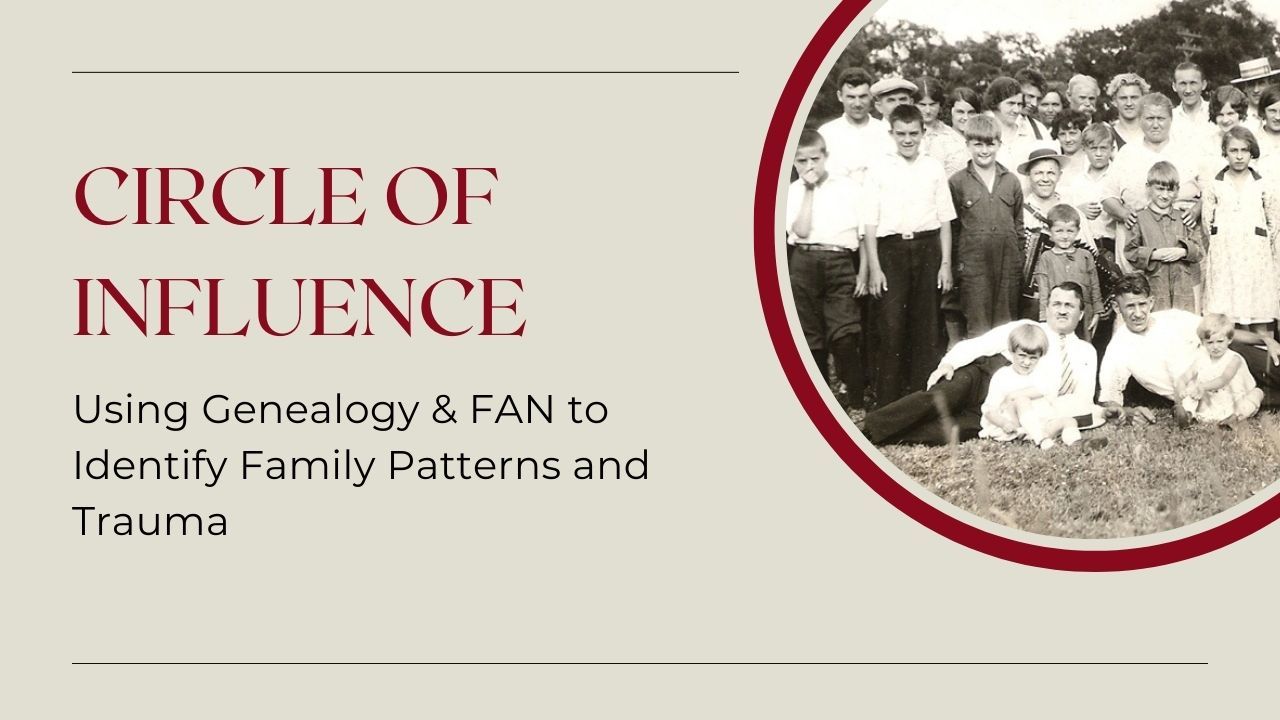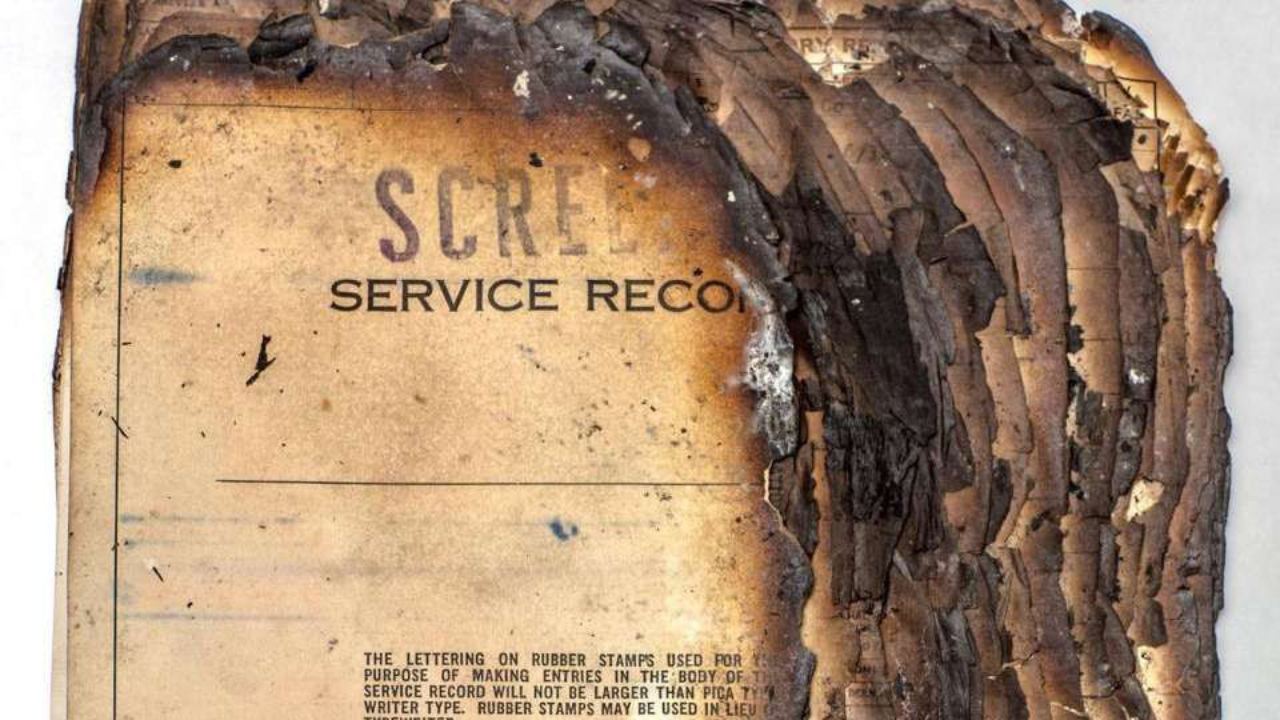Drug Use in the WWII Military
Aug 09, 2021
Last week I was flipping channels looking for something to watch while I ate breakfast. I stumbled on a PBS show called Secrets of the Dead. The topic this day was World War Speed. I was interested in this topic, as I know very little about drug use during WWII or even WWI. I understood it was more rampant during Vietnam.
I was able to watch most of the program before running to an appointment so I still need to watch the last 10 minutes but the program focused primarily on Nazi Germany and British forces. The speed given to soldiers, RAF pilots, and sailors allowed them to function at a higher pace for longer periods of time to keep the war machine rolling. However, it also created more aggression and grandiose behavior in these men. In some cases because they were hopped up on drugs, common sense and fear went out the window.
Watching this made me wonder, how many members of my WWI and WWII family were given drugs during the war and took them? How many became addicted before they died in war or if they survived? How many had psychological changes because of the drugs they were given? How did those psychological damages affect their families when they returned home? How did those damages affect future generations?
To further my knowledge on this topic, I found an article which you can download as a PDF called Medical Science & the Military: The Allies' Use of Amphetamine During WWII. This is a 30-page article which I am beginning to read. It is full of sources you can also follow-up on.
While drug use is a taboo topic in most families as it carries a lot of shame, anger, guilt, grief, and other negative emotions, it is a topic we should be talking about. The war on drugs and saving addicts, which is pushed in the media, has deep roots in our military going back to World War I and even before. It is no wonder so many families deal with addictive behaviors, possibly as a result of drug use.
There are many other resources available for you to investigate. What I found interesting also is that in all the books I have about returning veterans and how to help them adjust to society. Or books about the psychology of the returning veteran, not one mentions the drug use during the war as a possible issue after discharge. A well-kept secret I'd say. Seems highly likely returning veterans would have wanted this to be kept a secret especially if they became an addict or did things under the influence that they were not proud of and had trouble processing, even in a time of war where murder was allowed.
Have you researched this topic or even asked the question in your family interviews? What was the response? Are you afraid to ask this question? Finding the answer may provide a lot of light onto other family issues, behaviors, and patterns. Having answers may help us shift and heal. There is no reason to continue to carry the past.
If you are interested in learning more about how to identify trauma and other things that impacted your ancestors, be sure to sign up for my mailing list to be notified about upcoming free taster webinars and online classes. I'm also launching a FREE 10-Day Military Research challenge soon. Newsletter subscribers will be the first to be notified about this challenge.
Click the link to learn more and join the Ancestral Cafe Membership Program.
Questions? Contact me at [email protected]
© 2021 Ancestral Souls Wisdom School









